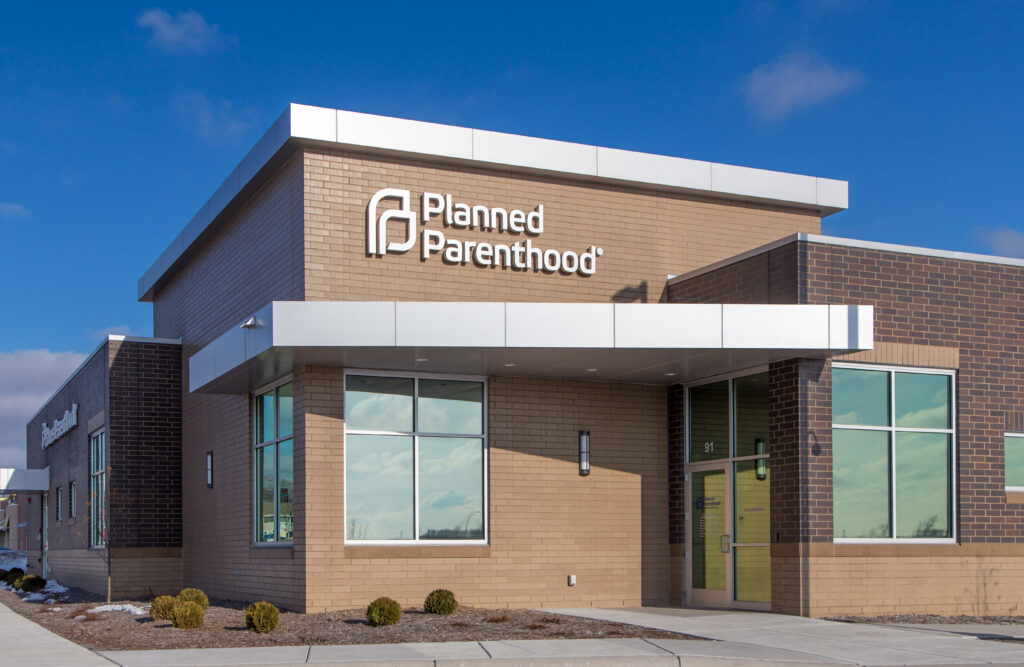Abortion Reporting: Kentucky (2019)

Kentucky’s 2019 abortion report was published online by the Kentucky Cabinet for Health and Family Services in October 2020. The report shows that abortions increased in the state.
Changes in Kentucky Abortions, 2018-2019

Abortion Totals and Trends
There were 3,664 abortions reported in Kentucky in 2019, a large 14 percent increase from the year before (Fig. 1). This was the result of an increase in abortions performed at the single abortion center operating in Kentucky in 2019. Chemical abortions rose by an even greater margin, jumping 19 percent from 1,549 in 2018 to 1,845 in 2019. The Charlotte Lozier Institute (CLI) estimates that Kentucky’s abortion rate was 4.3 abortions per 1,000 women ages 15 to 44, up from the previous year but well below the national rate (Fig. 2).
State Report Summary
In 2019, 82 percent of the abortions reported in Kentucky were performed on state residents, while 18 percent were performed on women from other states (including nine percent on women from Indiana and six percent on women from Tennessee). As in other states, over half the abortions were on women in their twenties, with 29 percent each on women ages 20 to 24 and 25 to 29. Thirty percent were on women in their thirties, and three percent were on women age 40 or older, while eight percent were on girls under the age of 20.
The majority of abortions reported in Kentucky, 56 percent, were performed on white women. Thirty-four percent were on black women, and nine percent were on women of other races. There were five abortions performed on American Indian women, and 14 abortions on women whose races were not reported. CLI estimates that the black abortion rate was 14.6 abortions per 1,000 women ages 15 to 44, five times the white rate of 2.8. Kentucky reports race and ethnicity separately, and in 2019 seven percent of the abortions were performed on Hispanic women, compared to 93 percent on non-Hispanic women.
Just over half the abortions (51 percent) were on women who had completed one to four years of college. Seven percent were on women with five or more years of college, and 42 percent were on women with 12 years of education or fewer. Eighty-six percent of the abortions were performed on unmarried women, while 14 percent were on women who were married.
Most of the women undergoing abortions in Kentucky had previously given birth. A quarter had one previous live birth and 39 percent had two or more, in contrast to 35 percent who had no prior live births. Forty-seven percent had experienced a prior pregnancy loss, including both abortions and miscarriages.
Half the abortions reported in 2019 were chemical abortions. Over 44 percent were suction curettage procedures, and five percent were performed using dilation and evacuation (also known as dismemberment abortions). One abortion was performed using some other means.
Most of the abortions occurred early in pregnancy: 36 percent were performed between one and six weeks of gestation, and 32 percent were performed between seven and eight weeks. Thirteen percent of the abortions were performed between nine and 10 weeks, and eight percent were between 11 and 12 weeks of gestation. Six percent were performed between 13 and 15 weeks, and four percent were performed between 16 and 19 weeks. There were 61 late-term abortions performed at 20 weeks of gestation or later; some of these were performed in the third trimester. Thirty-two abortions were performed at 20 weeks, 25 at 21 weeks, and one each at 22, 23, 37, and 38 weeks of gestation. Kentucky limits abortion at or after 20 weeks post-fertilization (approximately 22 weeks of gestation), when unborn babies can feel pain, unless the mother’s life or a major bodily function is at risk. According to Kentucky’s report, there were six abortions performed at or after 20 weeks post-fertilization in 2019.
In 2019, eight abortions were reported to be “necessary,” 1,911 were not necessary, and 1,745 did not have this information reported. The report does not indicate why the eight abortions were considered necessary or the gestational ages at which they occurred, and the Kentucky Cabinet for Health and Family Services did not respond to a CLI request for clarification.
The vast majority of abortions were performed at EMW Women’s Surgical Center in Louisville, the only abortion center operating in Kentucky in 2019. EMW Women’s Surgical Center reported 3,645 abortions, up from 3,185 the year before. Additionally, three hospitals reported 19 abortions, with Norton Hospital reporting eight, Norton Women’s and Children’s Hospital reporting four, and the University of Louisville reporting seven. This was relatively unchanged from the 18 hospital abortions reported in 2018.
The month of February had the highest number of abortions reported (369), while September had the fewest (218). On average, just over 305 abortions were performed every month.
Updates on Abortion Regulations in Kentucky
In April 2020, the Kentucky legislature passed a bill to establish protections for babies who survive abortions. The bill required abortion providers to provide all reasonable medical care to babies born alive during abortions and to transfer any born-alive babies to a hospital. However, the bill was vetoed by Governor Andy Beshear. In January 2021, the Kentucky legislature again passed a born-alive bill, this time with a sufficient majority to override a veto. Governor Beshear allowed the bill to become law without his signature.
In October 2020, Kentucky’s requirement that abortion centers maintain hospital transfer agreements, which was struck down by a district court, was reinstated by a Sixth Circuit panel. The Sixth Circuit examined the law in light of Chief Justice John Roberts’ concurring opinion in June Medical v. Russo, which struck down a similar law in Louisiana, and found that the Kentucky law is distinct because abortion centers have the option to apply for a waiver to the requirement every 90 days.
State Ranking
Originally ranked at 43rd best in CLI’s 2016 survey of abortion reporting across the country, Kentucky has made improvements to its reporting in recent years. To further improve its reporting, the state could collect and report more data related to abortion complications, particularly complications resulting from chemical abortions. Kentucky could also include information on why some abortions were deemed to be necessary.


- Kentucky published reports for 2017 through 2019 online and provided CLI with reports for 2015 through 2018. Abortion totals for 2005 through 2014 were taken from the annual abortion surveillance reports published by CDC. Kentucky first reported chemical abortion data to CDC in 2008.
- Rates were calculated by CLI using population estimates from the United States Census Bureau. The rates were calculated using the following formula: (total number of abortions performed in Kentucky ÷ number of resident women ages 15-44) x 1,000. Rates may differ slightly from previous CLI articles due to revised population estimates.


























